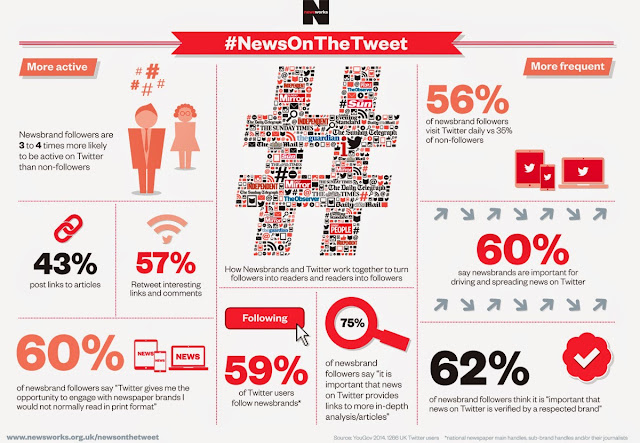Identities and the Media: Reading the riots
How did the language and selection of images in the coverage create a particular representation of young people? The article states that the newspapers specifically used the word "riot" instead of "unrest or "protests" and therefore portrayed the youth as reckless and unrestrained. They were also referred to as the "feral youth" and "yobs". This representation was reinforced by the selection of images, especially one of a hooded man wearing a grey tracksuit, which "appeared on at least five front pages." Why does David Buckingham mention Owen Jones and his work Chavs: the demonisation of the working class? Owen Jones argues in his book that the working class "become an object of fear and ridicule" not just in newspapers but in tv shows such as "Little Britain". This is despite the fact that those who were convicted after the riots were in fact from "respectable middle-class jobs or from wealthy backg...
